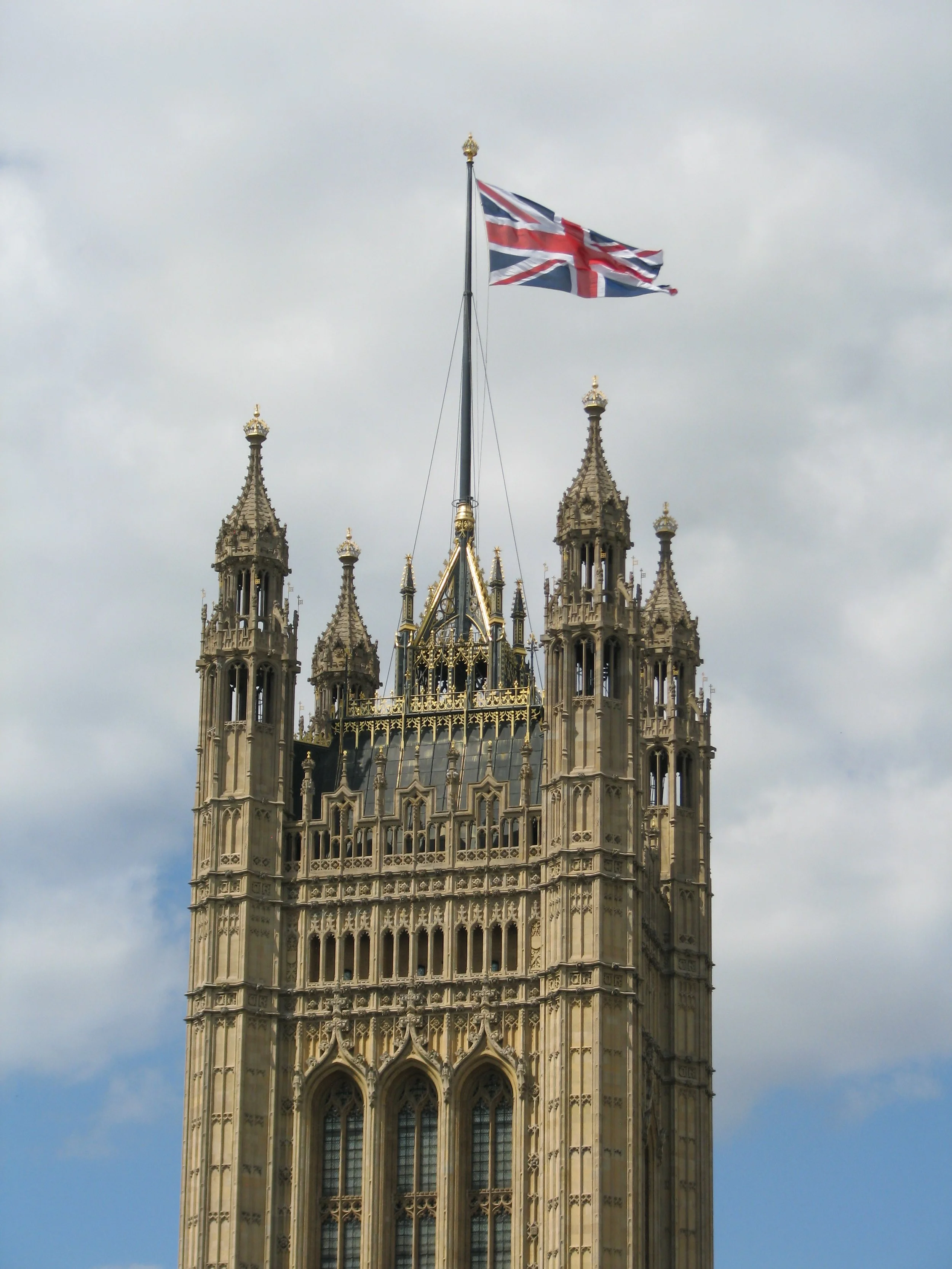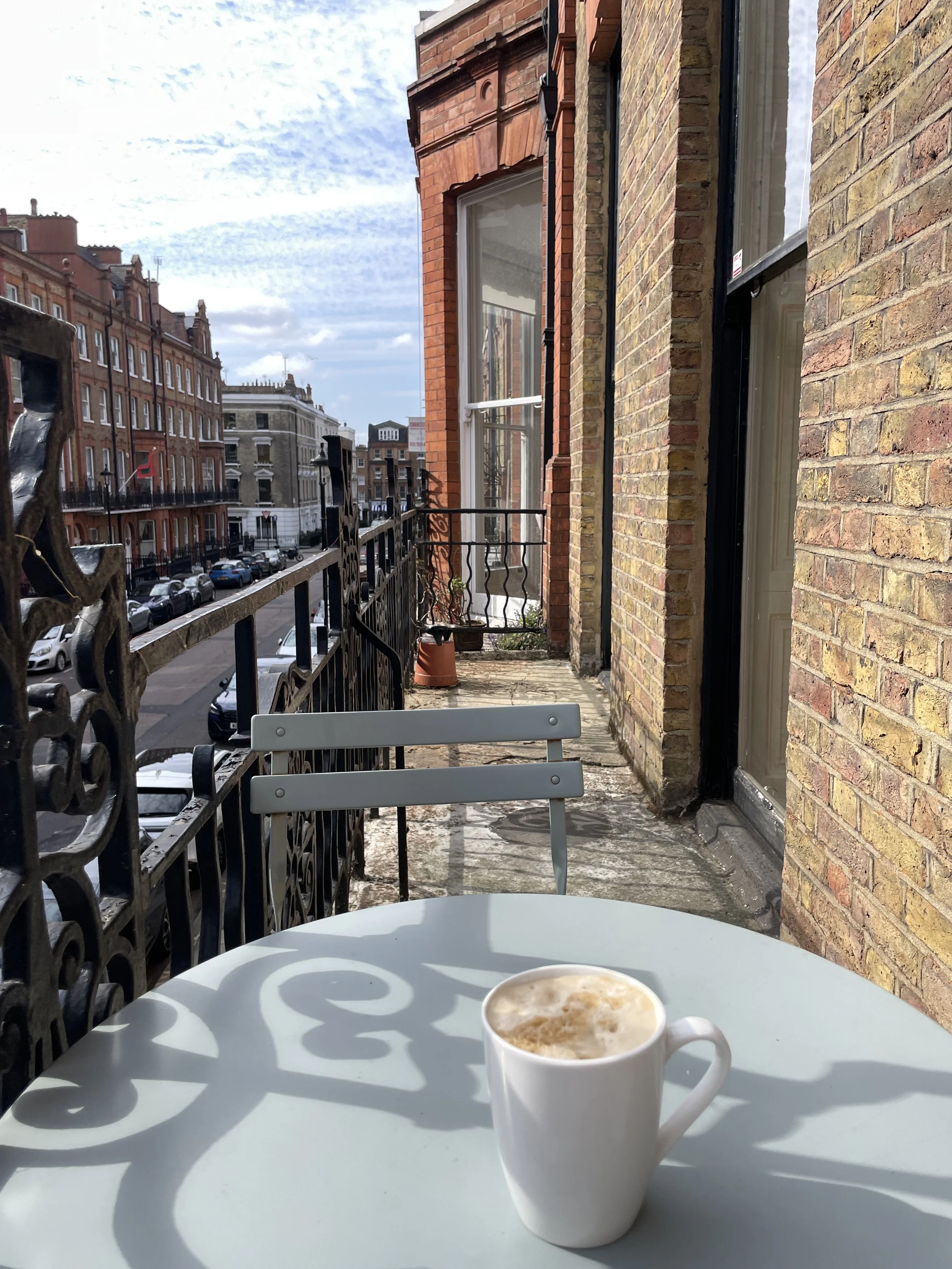London Study Abroad Guide
Studying abroad in London was one of the most formative experiences of my life, and it sparked my journey living in the UK. I asked on Instagram for questions about studying abroad, and lots of you had questions about what to expect and how to make the most of your time in London.
For context, I am American and studied abroad in 2019 through a program run by Syracuse University that was a partnership with my alma mater, George Washington University. I was only there for a semester, but went on to complete my master’s degree at the University of Edinburgh a year later. If you’re interested in studying abroad in Scotland, you can check out a similar post about my postgrad experience here.
My advice is based on my experience in a short-term program; there might be some differences if you’re doing an exchange or pursuing your entire degree at a London university.
If you want recommendations for all my favorite spots in London, you can find my map of the city here.
What to expect when studying in London
This is difficult to answer because there are so many different ways to study in London, and everyone will want to get different things out of their experience. Generally, you should expect a busy, bustling city, exciting travel opportunities, amazing restaurants, cafes, etc. to check out, unpredictable weather, and opportunities to make incredible memories!
How to experience the “real” London
If you’re in London for an extended period, you’ll have plenty of time to see beyond the tourist sites and get a taste of local life. To find hidden gems, venture outside of the chaos of Central London and explore quieter, more relaxed areas. Some neighborhoods to get you started: (as these are mainly residential areas, please be extra respectful when exploring!)
Angel/Islington
Hampstead
Chiswick
Richmond
Greenwich
De Beauvoir Town
Stoke Newington
Muswell Hill
It’s also lovely to find a few spots you love and become a “regular”. Whether it’s a coffee shop close to campus that you always go to before class or a cozy pub where you meet your flatmates for dinner, really settling into the city is one of the best ways to feel like you’re more than just a tourist.
What not to do when studying in London
Again, everyone wants different things out of their experience, so take these with a grain of salt!
Don’t spend every weekend jetting off on European getaways. As tempting as it is to take advantage of your proximity to other European cities, your time in London might feel a bit rushed or incomplete if all of your free time is spent elsewhere. I did 5 international trips over long weekends and my spring break, and I think it was the perfect balance of exciting experiences and feeling really connected to London.
Don’t plan everything in advance. The joy of studying in a new place is being open to spontaneous moments and learning as you go. You won’t want to miss out on spur-of-the-moment experiences because you had a strict itinerary. If you’re living in London for several months, you’ll have plenty of time to cross off your bucket list.
Don’t study abroad with your best friends. This one might be controversial, but I think the adrenaline of being in a new country and having so many new experiences makes studying abroad the perfect time to meet new people. I am a very socially anxious person, but something about not knowing anyone in my program before I arrived gave me a newfound confidence to make friendships. My friends from home also studied abroad in other cities during the same semester and it was so fun to visit them and have a personal tour guide.
How to make friends when studying abroad
As I mentioned earlier, traveling and studying abroad was the perfect opportunity to be braver about socializing than I had ever been in my life. I was so excited to get out and see the city, that I was eager to invite my flatmates and classmates to come exploring with me. Everyone in the program shared an interest in London, so there were lots of common ground that made finding friends a bit easier.
My only regret was the fact that I didn’t actually make any international friends because my program was through an American university. If you’re doing an exchange, this won’t be an issue, but for programs run by non-UK universities, I would recommend looking into local clubs or groups that will help you meet people outside of your program. Whatever hobbies you have, there’s bound to be a London-based social group that you can find on Instagram!
How to get a visa for studying abroad
Whether you’re studying through a UK or international university, your program should provide guidance on whether or not you need a visa. If you’re staying for less than 6 months, you can study on a tourist visa and will only have to apply for the Electronic Travel Authorization, which costs £16 and is usually approved within 24 hours.
If your program lasts longer or you’re pursuing an entire degree in the UK, your institution will provide all the information you need for applying for a student visa. The visa process is lengthy and expensive, so it’s best to familiarize yourself with the requirements here. The application is typically submitted after you’ve been accepted to a program, so I highly recommend starting your academic application as soon as possible.
Finding part-time work and managing finances when studying abroad
This really depends on how long you’re in London and the type of visa you have. If you’re there for less than 6 months and technically on a tourist visa, you won’t be allowed to work at all. If you’re pursuing a longer program and have a student visa, you can work 20 hours a week while you’re studying and a bit more on school breaks. You can find part-time jobs online through LinkedIn or Indeed, or check if your program has a student job board available.
If you can’t work, you’ll have to save up enough beforehand to get you through your time abroad. I was in this position and was definitely struggling a bit budget-wise by the end of my program! I had worked a part-time job the summer and semester beforehand and saved up as much as I could. However, being in the “I don’t know when I’m ever going to get to go to this place or do this thing again” mindset can really impact your bank account.
In retrospect, here’s what I would have done differently:
Set up a more internationally-friendly bank account. I didn’t realize how much the conversion rate and international charges would take a toll, and I should have been more proactive about finding a different banking method. Online banking through Monzo or Revolut is very popular with students and is an easy way to quickly set up a new card. You can also look into branded credit cards with airline partnerships to collect points that will cut down on the cost of travel.
Setting a rough budget. It’s difficult to do this accurately because there will always be unexpected expenses when traveling; however, having a rough idea of how many trips you want to go on or more expensive activities you want to do can help you come up with an amount. You should also take into account that the UK has quite a high cost of living, so you may have to budget differently than you would at home. For example, going out to eat can be very pricey, but groceries are relatively cheap, so it might be worth it to cook for yourself more than usual (if your accommodations allow).
Take advantage of all the student perks and discounts you can! Students in the UK get discounts and perks to help with expenses. UniDays has lots of student discounts available all on one site. You’ll also want to look into applying for a National Rail railcard to get up to 50% off train tickets. Historic sites and museums usually offer some sort of student discount, so make sure you’re bringing your student ID with you on your adventures!
Financial aid and scholarships
If you’re studying through your home university, your usual financial aid status should apply to your study abroad tuition and accommodation. For enrolling in UK universities, many institutions allow financial aid through your home government. For example, I was able to apply for FAFSA for my master’s degree in Edinburgh.
Finding student accommodation in London
Your university should provide access to student accommodation. International students are usually guaranteed a place in on-campus housing, and some programs might require you to live in approved residences.
If not, many students find flexible housing with roommates through Spareroom.
(ad - previously gifted stay/commission earned on bookings) You could also look into renting a short-term, furnished flat through Blueground. I am a Blueground affiliate, and if you use code MADbg482 on this booking form you can get a bit of a discount!
How to pack for studying abroad in London
I recommend only packing your essentials and clothing basics, and anything else (like homewares) you can buy when you arrive. You can easily pick up cheap homewares from stores like IKEA and Primark and donate them to charity shops at the end of your program. You’ll be grateful for lighter suitcases on big travel days!
Some recommended essentials to pack (ad - contains affiliate links):
Universal Converters: to make sure you’re able to charge your devices, no matter where you are
Portable Charger: your phone battery will drain quickly on days when you’re constantly taking photos and checking maps, I like this MagSafe one to avoid tangled cables in my bag
Crossbody bag: this is my favorite bag for keeping my belongings safe on travel days, walking around the city, and protecting electronics from unpredictable London weather
How to stay safe when studying abroad in London
Like any major city, London requires some extra awareness of your surroundings. As long as you’re taking precautions like traveling with friends if you’re coming home late and being careful about protecting your phone from pickpockets, you shouldn’t have any issues. For the last 6 years, I have spent a significant amount of time in London and have never felt unsafe.
What weekend or daytrips to plan when studying abroad in London
For daytrips, check out this blog with details about my favorite cities to visit that are accessible from London by train.
For UK weekend trips, consider:
The Cotswolds
The Lake District
Edinburgh
York
Dorset
For European weekend trips, I have visited:
Dublin, Ireland
Copenhagen, Denmark
Paris, France
Nice, France
Normandy, France
Brussels, Belgium
Berlin, Germany
Madrid, Spain
There are lots more on my list, but most European cities are doable as weekend getaways from London!
I hope this answers your questions about studying abroad in London. You will have the most amazing time!!!!



